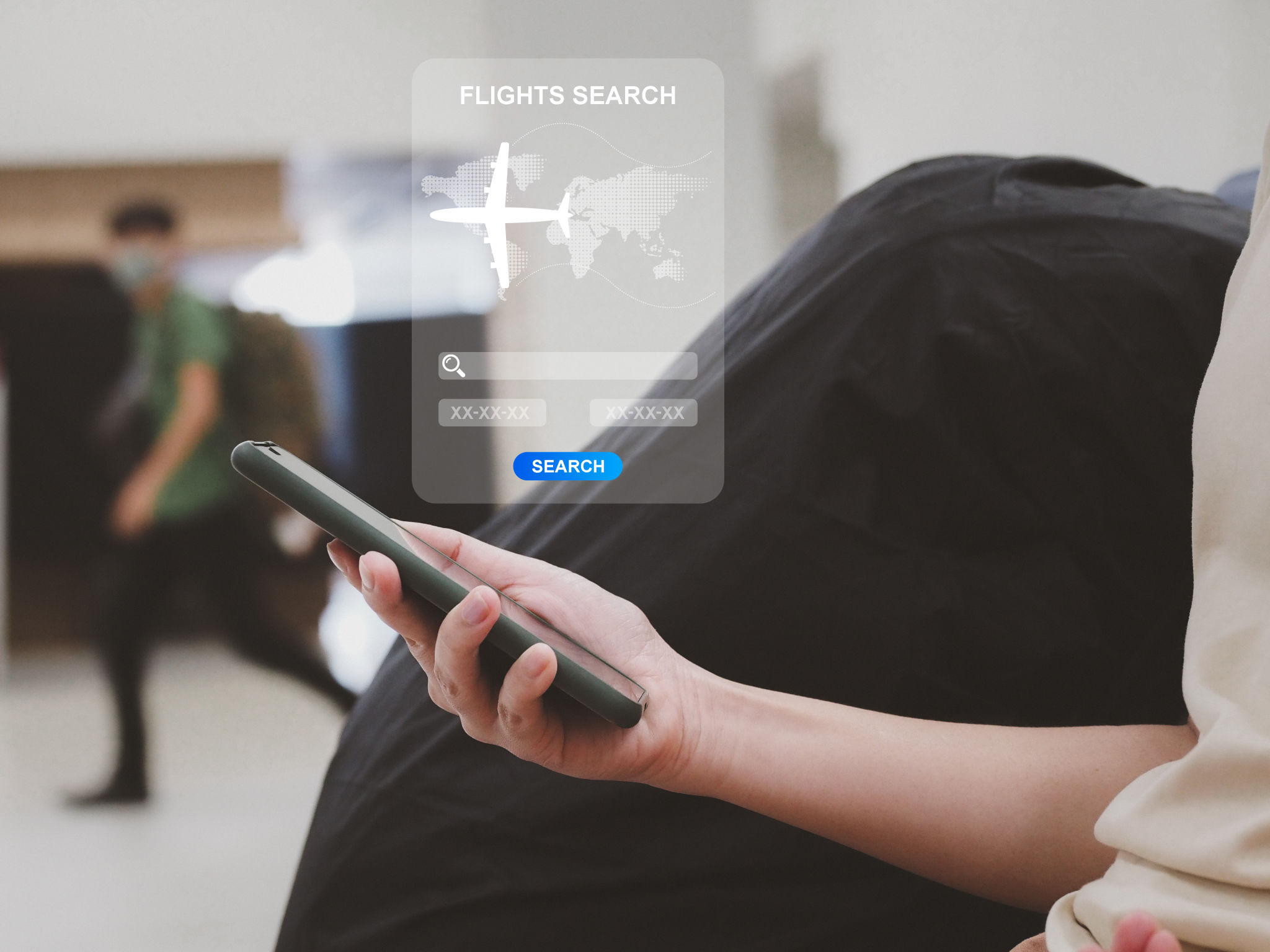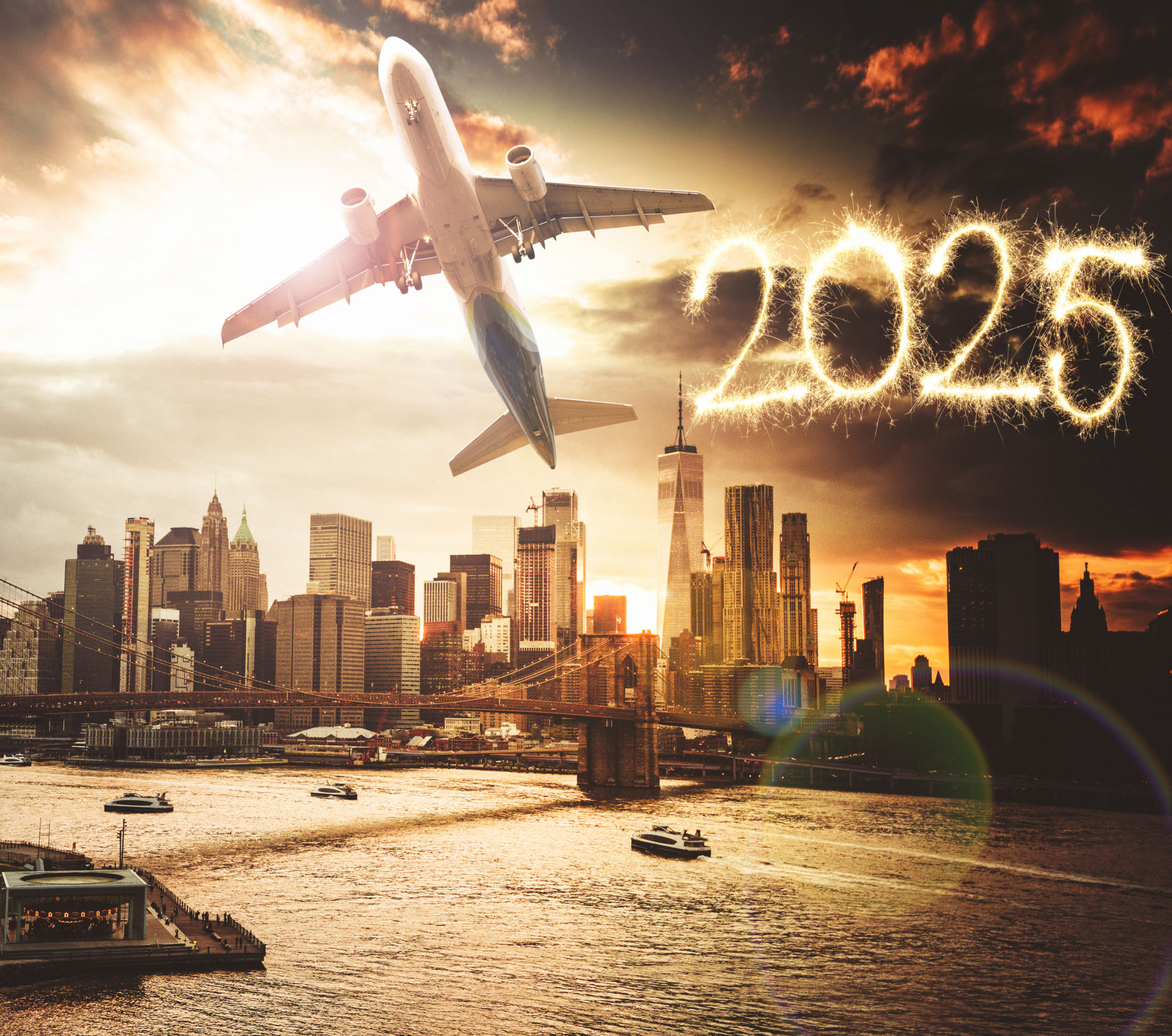How Real-Time Flight Data is Transforming Flight Booking and Tracking in 2025
Da
Key Takeaways
Imagine you're planning a long-awaited trip. The excitement builds—but so does the anxiety of finding the right flight. A great booking experience today is not just about price; it’s a mix of data, emotion, and timing.
Flight tracking has evolved from a basic tool into a source of comfort and connection. Technologies such as ADS-B make the journey of a loved one tangible and visible.
Flight data encompasses both fixed details, like aircraft specifications, and dynamic elements, such as real-time status. This data forms the unseen backbone of modern aviation. Managing it ethically is a critical concern for how the industry interacts with the public.

The future of air travel is moving toward hyper-personalization. Predictive analytics and AI will leverage vast datasets to anticipate traveler needs, creating smoother journeys. However, this also raises new challenges regarding privacy and algorithmic fairness.
The Evolving Narrative of the Flight Booking Experience
The thought of booking a flight stirs a variety of emotions. You may feel excited yet anxious, especially about the cost. Finding the best deal can also be a challenge.
For many years, this process lacked transparency. Largely, a conversation occurred between a hopeful traveler and a travel agent.
The flight booking experience relied on trust—often blind—in the pronouncements of experts. The limited information provided included only departure times, arrival times, and a price.
We expected the plane to carry us through the sky. The seat would serve as our temporary home. We hoped the flight would depart on time.
These were matters of fate. We often learned the truth when we arrived at the airport or after the cabin door closed. Philosophically speaking, we were passive recipients of a predetermined logistical outcome.
The digital revolution did not merely move transactions online; it transformed how travelers think and feel. We are no longer passive observers. We have become active agents shaping our own journeys.
Data-Driven Decisions: From Price to Personalized Insights
The modern flight booking experience requires deliberate thought. We must weigh multiple factors. The question is no longer simply, "What is the cheapest flight?"
Instead, we ask more nuanced questions: What is the historical on-time performance for this flight number? Which aircraft model will they use, and what does that imply about cabin environment or seat comfort? What amenities will be available, not just in my class of service but throughout the entire flight?
These questions reflect a fundamental human desire for control, knowledge, and minimizing discomfort, however small. The worry about possible delays or the inconvenience of a cramped seat are real emotions. Access to data helps us manage these concerns and potentially avoid them.

Consider how much better the choices are for travelers in 2025 compared to 1995. Earlier travelers chose between brands—Airline A versus Airline B.
Contemporary travelers choose between detailed realities. They can examine seat maps, read reviews of in-flight entertainment, and check for potential flight delays. Aviation authorities like Eurocontrol (2023) base these insights on seasonal and weekly data.
This shift is not merely about convenience. It is about dignity—treating the traveler as a person rather than cargo. Travelers have specific needs, preferences, and the ability to make informed choices.
Flight data provided by modern platforms transforms the booking from a simple purchase into an act of informed consent. The traveler is not just buying a ticket; they are agreeing to a set of expectations about the trip.
Below is a table illustrating this transformation, comparing the old booking paradigm to the new data-enriched environment.
Table 1: A Comparative Examination of Flight Booking Paradigms
Aspect of Choice
| Aspect | The Opaque Booking Process (Legacy) | Modern Booking (Data-Enriched) |
| Schedule & Punctuality | Relied on published schedules; little data on actual performance. | Access to historical on-time stats and real-time alerts. |
| In-Flight Comfort | Aircraft type unknown; amenities assumed by airline/class. | Detailed aircraft info: model, seat layout, Wi-Fi, power outlets. |
| Price & Value | Price was the primary metric; value was hard to assess. | Rich context helps pick flights offering better overall value. |
| Decision-Making Power | Passive, limited info; choices based on brand and price. | Active research and multi-factor informed decisions. |
Nevertheless, the potential anxiety is a small price for the autonomy gained. The ability to make well-reasoned, complex decisions is a core aspect of human flourishing.

A great flight booking experience shows data in a clear way. It helps travelers navigate complexity while respecting their choices. It respects their cognitive and emotional investment, providing tools to craft a journey rather than merely book a flight.
The Ubiquity of Flight Tracking: From Abstract Concept to Tangible Reality
Waiting for a loved one’s flight to land often induces a unique kind of quiet helplessness. For generations, an information void defined this experience. A flight disappeared from view after takeoff and, hopefully, reappeared hours later over its destination.
The interim was a blank space, reliant on faith in pilots, mechanics, and vast, impersonal air traffic control systems. The airport arrivals board was the sole oracle, flickering between "Landed" and sometimes ominously "Delayed." Those on the ground endured passive waiting, punctuated only by imagination.
Flight tracking has transformed this experience. It fills the data-related void. What was once an abstract line between two cities has become a tangible, continuous event. Through my screen, I watch a small icon traverse continents and oceans in real time.
This is possible because of Automatic Dependent Surveillance–Broadcast (ADS-B). This technology lets each aircraft send out its identity, position, altitude, and speed. This information comes from GPS and goes to ground receivers.
It is “automatic” because it needs no pilot input. “Dependent” because it uses the aircraft’s own navigation systems (Federal Aviation Administration, n.d.). Unlike older radar systems that asked aircraft for information, ADS-B is a team effort. In this system, the aircraft shares its location and flight path.
The result is flight data that is both precise and deeply humanizing. Tracking a flight means connecting with the lived experience of those onboard. I see their speed relative to the ground, altitude above the clouds, weather navigation, and course adjustments.
Waiting is no longer passive but an active, empathetic participation. Anxiety of the unknown gives way to comfort in the known.

This emotional support shows why millions use flight tracking apps. They use them not just for timing but to feel connected and safe.
The flow of information also has practical implications. A businessperson can adjust meetings based on flight progress. Parents can time airport departures precisely, minimizing stress and wasted time. The entire arrival ecosystem—taxis, friends, connecting transport—operates with newfound coordination.
Making flight tracking data universally accessible introduces order and reliability to a once chaotic part of travel. It shows a simple truth. Transparency and free information benefit businesses. They also meet people's needs for safety, efficiency, and emotional health.
References
Cook, A. J. (Ed.). (2011). European air traffic management: Principles, practice, and research. Ashgate Publishing, Ltd.
Eurocontrol. (2023). Performance review report. Publications Office of the European Union.
Federal Aviation Administration. (n.d.). Automatic Dependent Surveillance-Broadcast (ADS-B). U.S. Department of Transportation.
Gretzel, U. (2011). Intelligent systems in tourism: A research agenda. Annals of Tourism Research, 38(3), 757-779.
